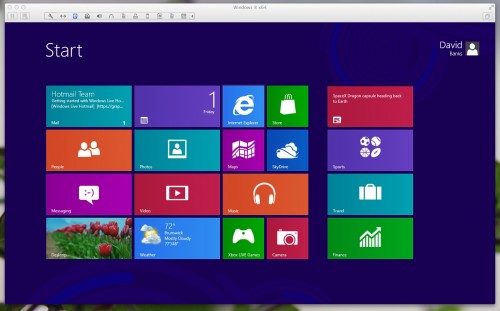
My first PC was a frankenstein PC running Windows 3.1. I played Sim City and argued with people in AOL chat rooms. My first mac was a bondi blue iMac that ran OS 9, more AOL, and an awful Star Trek: Voyager-themed first-person shooter. I was 13. In the intervening years, I’ve had several macs and PCs, all of which have seen their fair share of upgrades and OS updates. Even my current computer, which is less than a year old, has seen a full OS upgrade. I am one of those people that like radical changes to graphic user interfaces (GUIs). These changes are a guilty pleasure of mine. Some people watch trashy television, I sign up for a Facebook developer account so I can get timeline before my friends. I know I’m fetishizing the new: it goes against my politics and my professional decorum. I have considered switching to Linux for no other reason than the limitless possibilities of tweaking the GUI. It is no surprise then, that I have already downloaded the Windows 8 release candidate and I am installing it on a virtual machine as I write this paragraph. What is it about GUIs that evoke such strong emotions? While I practically revel in a new icon set, others are dragged into the future kicking and screaming. What is it about GUIs that arouse such strong feelings? more...





